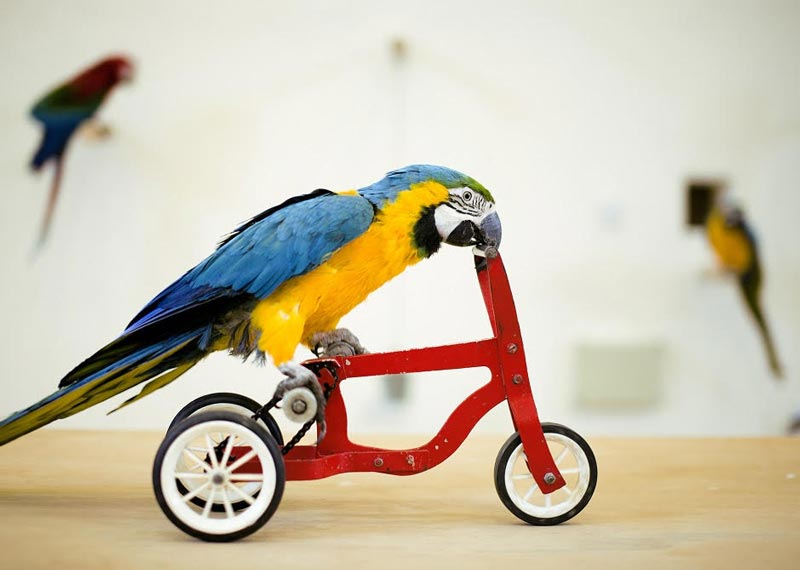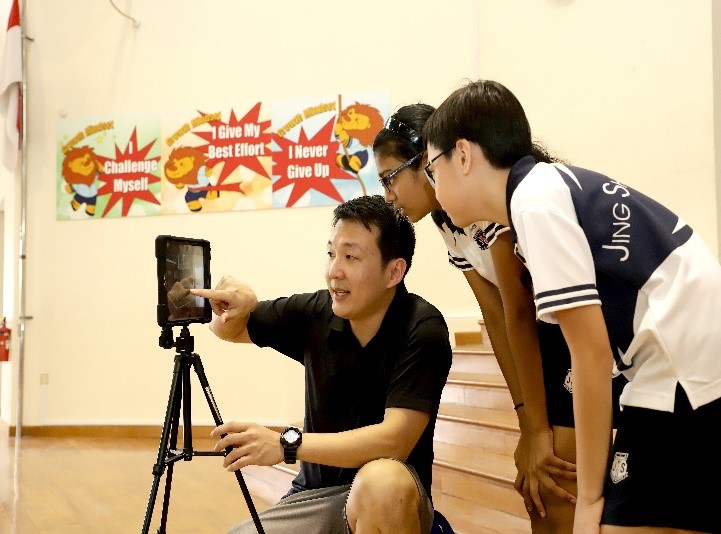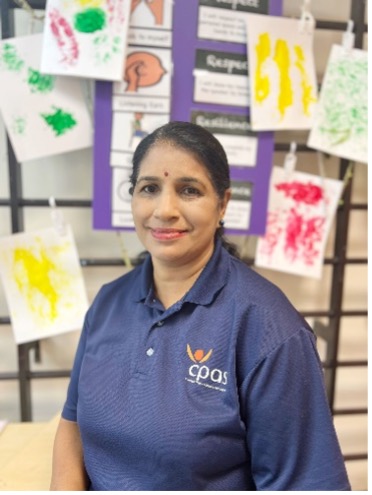Wouldn’t it be nice if it were possible to identify one skill that matters more than any other, in any job? Anyone who had that magic skill would be set for life!
It turns out there might be one, but it’s not a single skill like coding, or communication, or time management. According to former Google CEO Eric Schmidt, it is the ability to pick up new skills.
In his 2014 book “How Google Works”, co-authored with the company’s former Senior Vice President Jonathan Rosenberg, he argues that “the world is changing so fast across every industry and endeavour that it’s a given the role for which you’re hiring is going to change.”
While employers typically fill a position by looking for people who have excelled in similar roles previously, Google looks for what they call “learning animals”, or people who are always picking up new knowledge and skills, while not being afraid to ask silly questions.
Ho Wei Yee, a senior lecturer at Ngee Ann Polytechnic’s business school, believes in this tactic. “We are training our students now, but we don’t even know what the jobs of the future will be,” she says. “When the current students go out into the workforce, they must be ready to learn on their own.”
Ho points out that an increasing number of large companies, such as DBS, are now testing the “learnability” of prospective employees through games. It reflects the reality of all jobs, she says: “Very often we are given work we’ve never done before, and we have to figure out what we have to do.”
Are You a Learning Animal?
So who are these “Learning Animals” that have an advantage over others? While it is tempting to conclude they are simply very intelligent people, Schmidt and Rosenberg argue otherwise. To them, learning animals are people who “have the smarts to handle massive change and the character to love it” (emphasis added).
Rosenberg used to identify them in job interviews with a deceptively simple question: “What big trend did you miss about the Internet in 1996?” Many floundered at being forced to admit a mistake. The learning animals, however, readily shared their reflections, and what they did to improve.
Of course, not all of us aspire to work in the tech industry, or Google specifically. For the rest of us, Ho suggests a simpler test of learnability:
- Have you taught yourself any skills? – Naturally, anyone who has done this shows an inclination towards learning.
- Do you set learning goals for yourself? – The people who are more likely to pick up skills at work, are those who already make a habit of it outside of work or school.
- Are you curious about how things work? – Curious people are always motivated to look for answers, and often it may involve picking up new skills.
- Are you able to describe your learning style? – People with this kind of self-awareness are able to use the appropriate methods to acquire new skills and knowledge more efficiently.
Becoming a Learning Animal
What if you answered “no” to everything above? Does this mean you lack the ability to pick up new skills? Not necessarily. The good news is, we can all become learning animals.
Ho believes that, above all, it is about developing a habit of curiosity. “Keep asking ‘why’,” she says.
It may not come naturally to everyone, but it can be cultivated. One easy way to do it is to challenge yourself to try new things every day. These need not be very complex tasks; it could be as simple as visiting a place you have never been to.
The point is to keep doing it. “Go out and experience something”, Ho says. “That exposure is very important. The more new things you see, the more you will wonder.”
As an educator herself, she tries to instil this in her students: “It’s important is to create the environment for them to ask questions.” She does this through activities that “give students that curiosity to find out about things and apply what they’ve learned to the real world.”
An example she is proud of is her hackathons, where students form teams to solve, or “hack” problems posed to them by real companies over the course of a single day.
In recognition of the importance of learnability, the Ministry of Education has identified self-directed learning as one of several 21st Century Competencies. Teachers are incorporating it into curriculum where feasible, be it through project work or e-learning.
Melvin Chng, Senior Curriculum Policy Specialist, says: “We want our students to question, reflect, persevere and take responsibility for their own learning. Schools provide many opportunities for them to do so.”
Is it true, then? Is “learnability” all we need to focus on?
Not quite. As a lecturer, Ho is there to impart industry-specific skills, first and foremost.
“These skills are foundational knowledge you would need to get a job,” she explains. But she is also quick to qualify that the two go hand-in-hand: “If you want to progress in your career, in this dynamic work environment, you need to deepen and broaden your knowledge in your domain area. So that learnability and curiosity is very important.”






